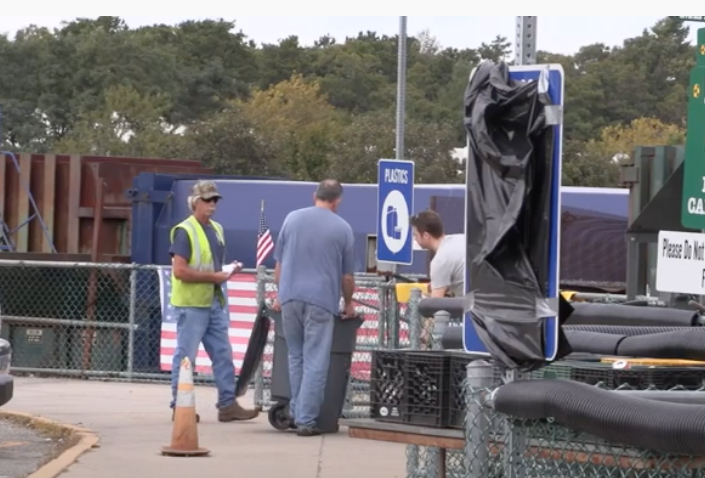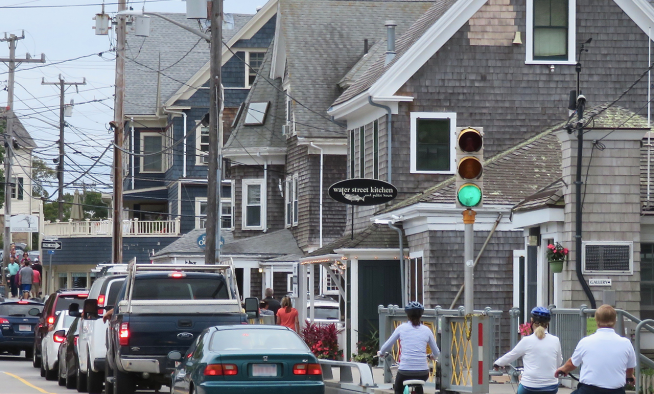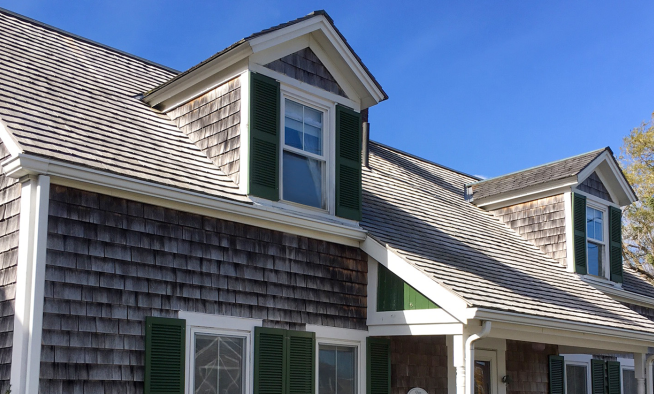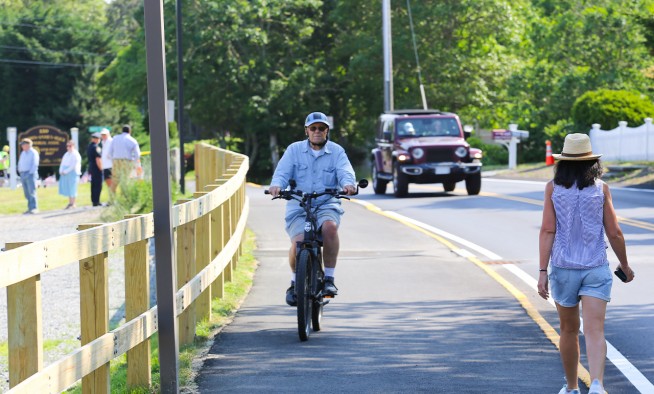Working together to reduce solid waste costs on Cape Cod

Towns across the Cape are seeing municipal solid waste (MSW) disposal costs rise due to diminishing regional disposal options, and recycling capacity decrease due to the lack of available markets to process these materials. Both of these situations are negatively impacting MSW disposal budgets Cape-wide, with many towns forced to pay more for MSW disposal than originally anticipated. The Cape Cod Commission, working with Barnstable County Administrator Jack Yunits, Cape Cod Cooperative Extension, and the Barnstable County Department of Health and Environment , developed bid documents to solicit the services of one or more consultants to examine solid waste reduction opportunities and transportation and disposal options for Cape Cod towns and residents. These studies look to provide towns with information that can be used to plan for future MSW management.
One study will examine traditional and innovative methods to reduce, reuse, re-purpose and market identified waste materials and one will examine transportation and disposal options for remaining solid waste that cannot be reduced, reused, recycled or repurposed and must be transported to a disposal facility such as a traditional landfill or waste incinerator. Because the Massachusetts 2020-2030 Solid Waste Master Plan identifies decreasing disposal options in Massachusetts going forward, this analysis will examine both innovative disposal options on Cape Cod, and traditional disposal options for out-of-state disposal.
This effort seeks to leverage opportunities at the Town of Bourne Integrated Solid Waste Management Facility (landfill and processing options), The Town of Yarmouth Energy Park (rail head access and future anaerobic digestion capacity), the Upper Cape Regional Transfer Station (rail head access and processing options), and Joint Base Cape Cod (available land not in close proximity to existing residential development). Transportation of solid waste via truck and rail haul will be examined. The next steps are to vet the draft bid documents with interested local officials, secure funding, and go out to bid. Consulting work will be awarded to the most qualified and cost-effective proposals. The results of each analysis will be reviewed throughout the process by County staff and municipal solid waste professionals and managers prior to final analyses being presented to local and County leaders.
Related Posts




